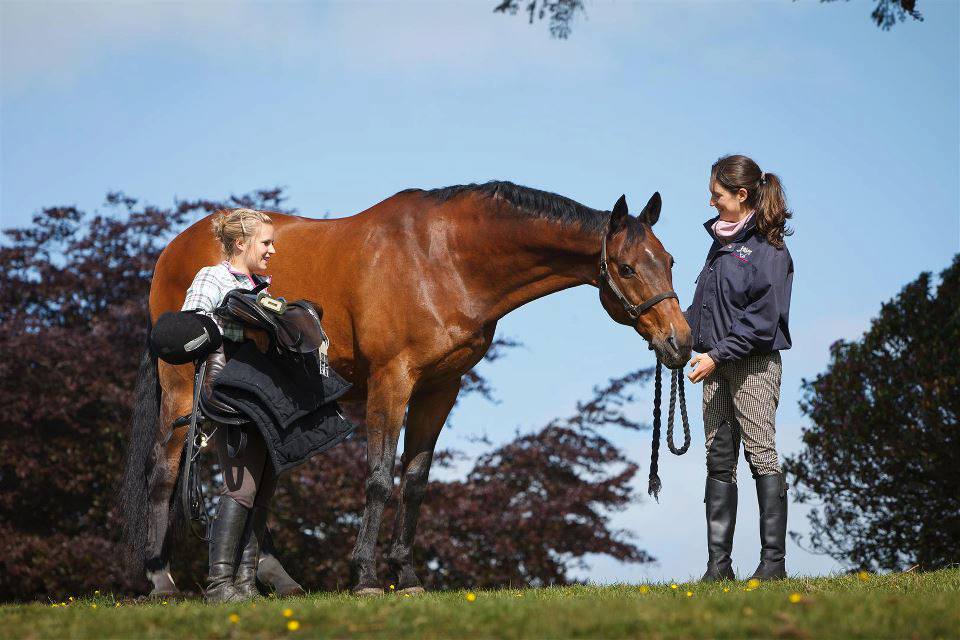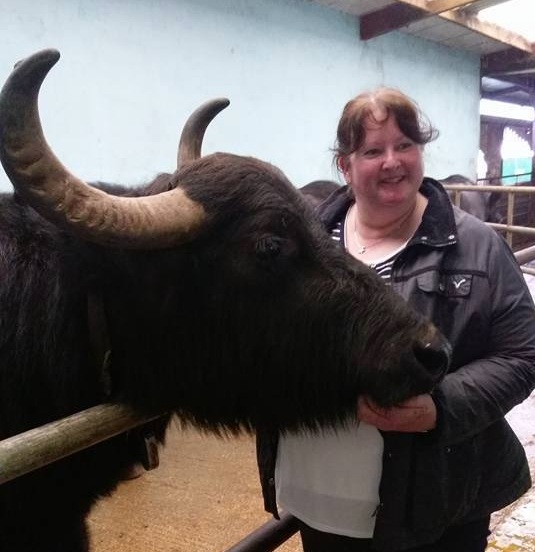
If you continue browsing this website, you agree to our policies:
x
Section outline
-
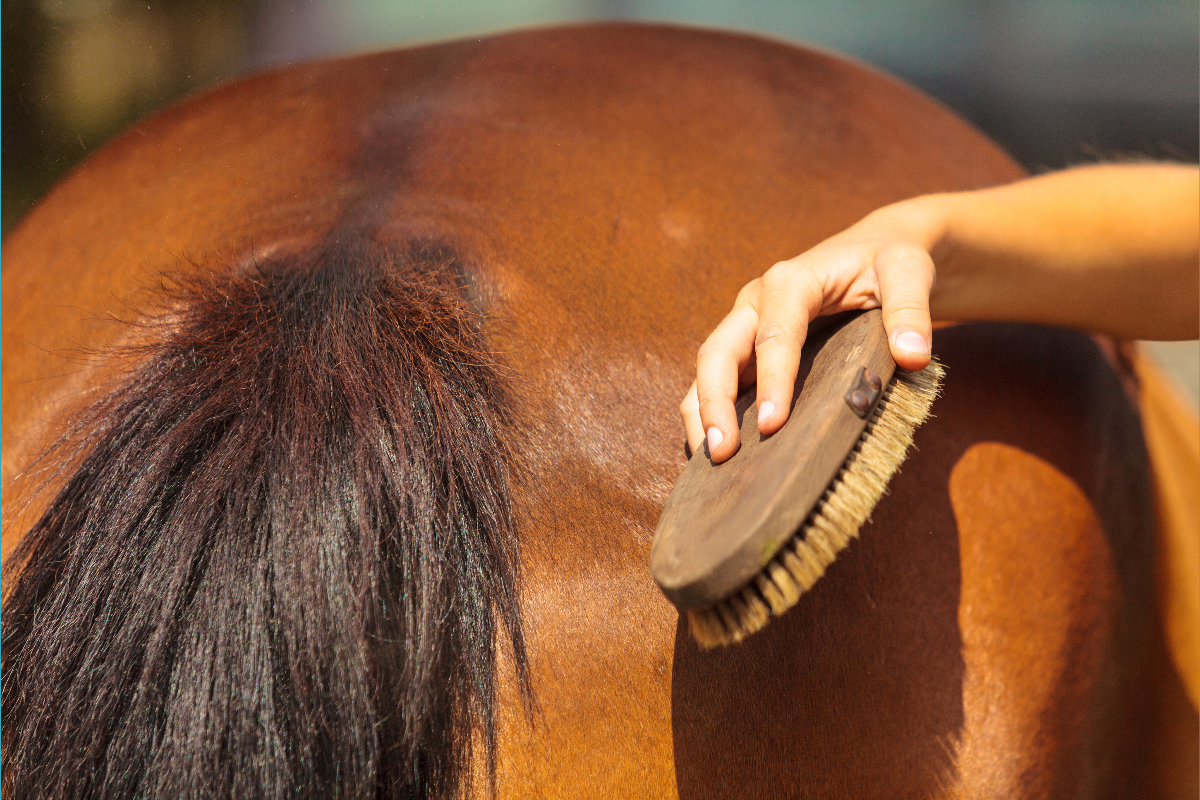
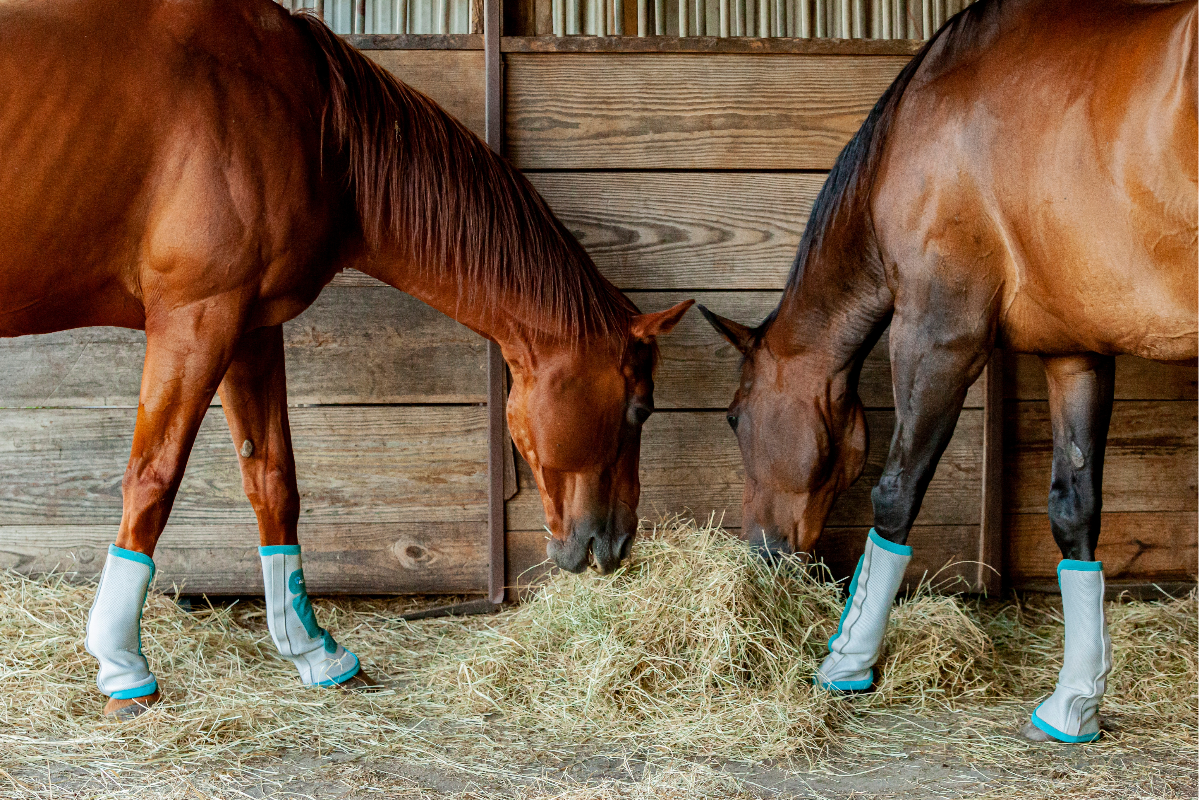
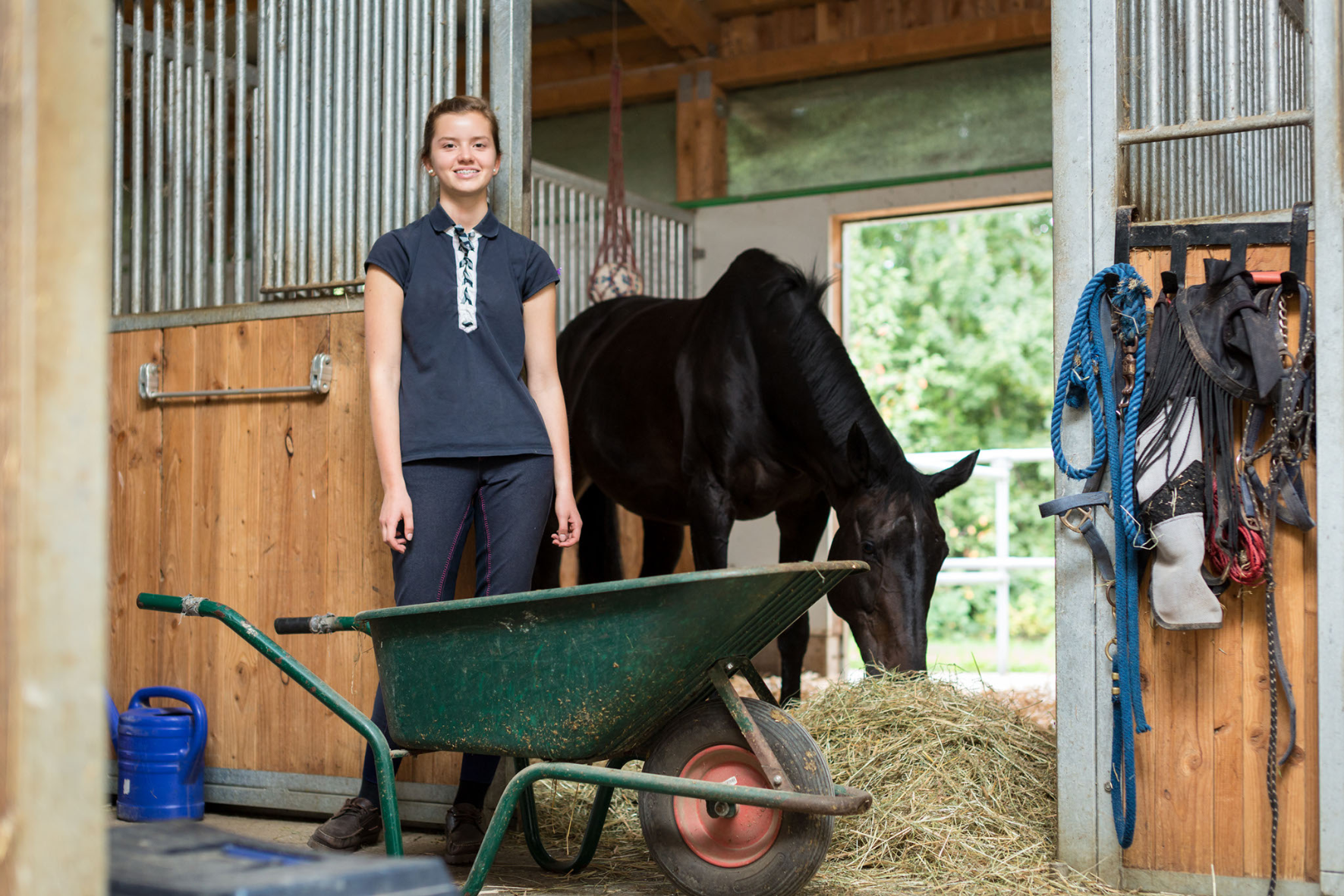
-
Full and Part-Time Courses Starting September 2025
-
Full and Part-Time Courses Starting September 2025
-
The information provided includes your Welcome Week Timetable, a recommended reading list, and a kit and equipment list.
-
Take a look at our dedicated Facebook page to see our student highlights.
